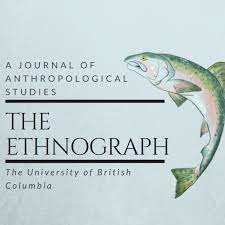Indigenous Women in a Colonial Legal Framework: An Intersectional Analysis of the British Columbia Human Rights Tribunal
DOI:
https://doi.org/10.14288/ejas.v7i2.198722Abstract
The British Columbia Human Rights Tribunal is a space to heal and assign reparations for discriminatory action. But before the reparations can occur, the harm must be verified. To do this, the onus is on the potential victim of discrimination, the complainant, to prove a correlation between their ‘characteristics’ and the occurrence of discrimination. The format of the British Columbia Human Rights Tribunal (BC HRT), which operates on specific lines of discrimination and tackles instances of discrimination based on parcelled out categories, does not have a framework that allows for an intersectional analysis. As a result of this framework, the BC HRT cannot look at the whole picture and must instead fit narratives into the framework of colonial law, in which the whole experience is parcelled and judged. Looking at 21 cases brought to the BC HRT by Indigenous women complainants since 2015, I examine how intersecting lines of oppression are managed and approached by the BC HRT. I find that the format of the BC HRT is not conceptualizing discrimination as experienced by people with complex intersectional identities. Instead the HRT is forcing the complainants to parcel their experience into clear lines which serves to destabilize and make illegitimate the argument brought by the complainant.
Downloads
Published
Issue
Section
License
Copyright (c) 2023 The Ethnograph: Journal of Anthropological Studies

This work is licensed under a Creative Commons Attribution-NonCommercial-NoDerivatives 4.0 International License.

